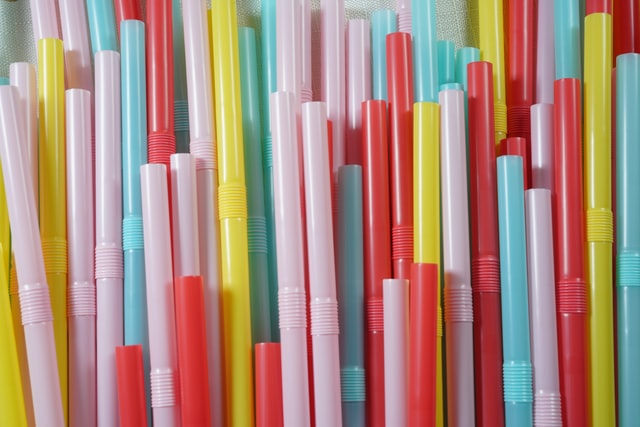In December, Canada delivered draft regulations to ban single-use plastics. That’s something to celebrate.
Scientists have identified six plastic products most commonly found in Canadian litter: plastic checkout bags, stir sticks, six-pack rings, cutlery, straws and food containers made from problematic plastics. Many businesses have anticipated the ban and have already made the switch to reusable or compostable products.
A ban on six single-use products, while praiseworthy, should only be the beginning of the journey to leave plastic feedstock (raw material) where it belongs — in the ground with other fossil fuels.
And there is a loophole in the regulations that allows manufacturing for export to continue. Such a loophole is unjust — we must not inflict more plastic pollution on nations in the Global South while banning it for ourselves.
If certain plastics are bad for Canadians, should Canadian companies be allowed to export them to other countries? Would such a loophole in Canada’s regulations banning single-use plastics undermine the February negotiations of a legally binding international treaty?
Plastic pollution is a global problem that goes far beyond the scope of litter. While the world’s attention is riveted by images of ocean wildlife speared by plastic straws or body cavities packed with plastic garbage, smaller, insidious particles of the same pollution dwell in you and me.
We ingest the weight of a credit card in plastic every week, and we excrete it with a vague understanding of the “inflammation” it may be inflicting in our bodies. In 2020, Italian researchers found particles of microplastic in the placenta of pregnant women and in their fetus.
We know there are many pathways for plastic to move into our fresh water and our bodies, including plastic mulch on agricultural fields, laundry wastewater, supposedly flushable wipes in sewer lines and plastic food containers used in a microwave. Fresh water-based microplastic — carrying hitchhiker pollutants such as long-buried PCBs — are eaten by fish, then eaten by you and me. Harmful additives in plastics across the supply chain can include PFAS, phthalates, bisphenols, brominated flame retardants and heavy metals, as recently reported by the International Pollutants Elimination Network (IPEN).
The feedstock for plastic is extracted from the tarsands just like natural gas, diesel fuel and asphalt. Big Oil sees its future in plastic, like Dustin Hoffman’s character is told to do in “The Graduate.” It’s critical that climate action shuts down the extraction of fossil fuels, ensuring the backdoor to plastic production is slammed shut too.
When governments meet in February to debate a legally binding global plastic treaty, Canada must step up to address the full life cycle of plastics.
We must reduce our plastic pollution and stop dumping it on the Global South. We must ensure that independent scientists have ample funding for research on remedial action for plastic pollution we’ve already accumulated in our bodies, in fresh water, in oceans and on our land.
Beatrice Olivastri is the CEO of Friends of the Earth Canada.

